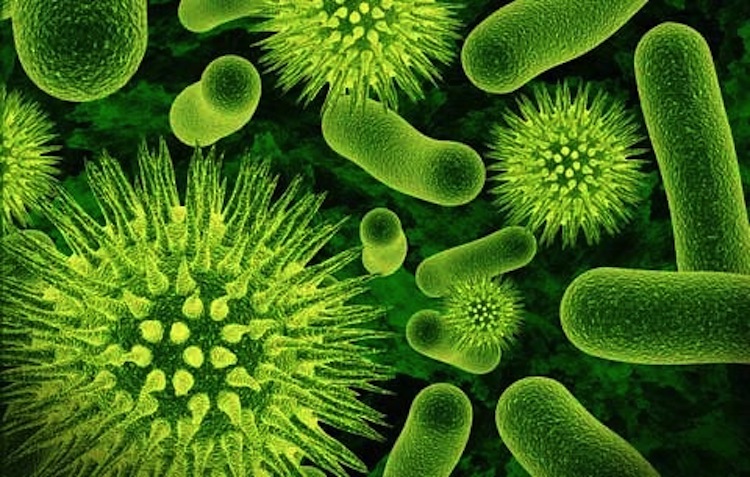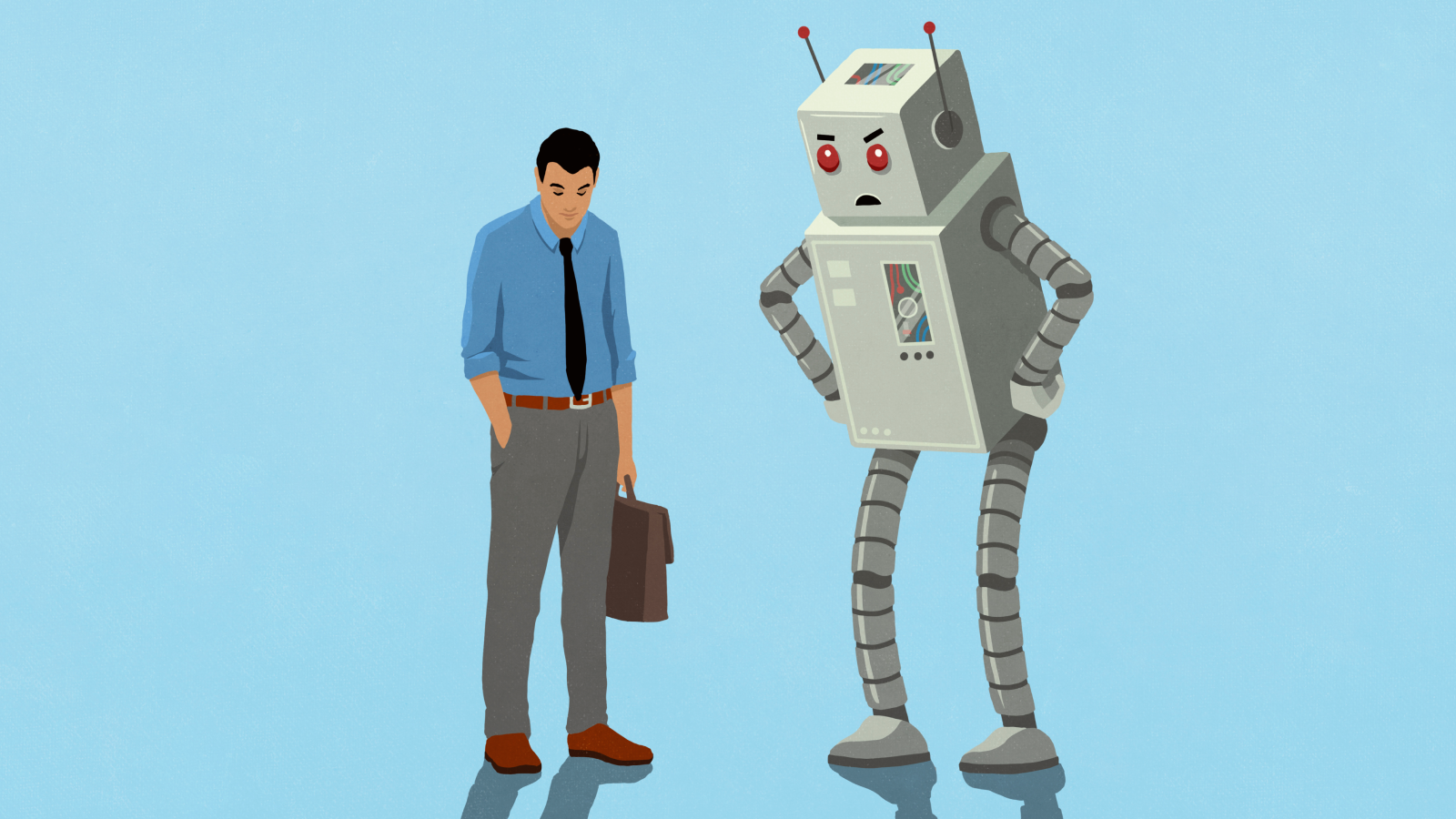Case of 'Food Poisoning' Passed from Mother to Child

Get the world’s most fascinating discoveries delivered straight to your inbox.
You are now subscribed
Your newsletter sign-up was successful
Want to add more newsletters?
Join the club
Get full access to premium articles, exclusive features and a growing list of member rewards.
A newborn became ill after he acquired a type of E. coli bacteria from his mother during delivery, one that is typically linked to food poisoning, Swiss researchers report.
The mother was infected with a strain of E. coli that produces the shiga toxin, a toxic substance that can cause diarrhea and kidney failure. Last year's outbreak of food-borne illness in Germany, which resulted in 30 deaths, involved an E. coli strain called E. coli O104:H4, which produced the shiga toxin.
While the mother did not have any symptoms,her baby boy began vomiting two days after birth, and within a week developed kidney failure and seizures. The baby was diagnosed with hemolytic-uremic syndrome, a condition caused by the shiga toxin. [See 6 Superbugs to Watch Out For.]
Tests of stool samples from the mother and infant showed that both were infected with the same strain of shiga toxin-producing E. coli. This strain, called E. coli O146:H28,is less virulent than the one that caused the outbreak in Germany, and until now, it had not been known to cause disease in people.
The less virulent nature of this bacterial strain meant the mother could carry the bug without showing symptoms. But in the gut of her newborn — which is free from germs until birth — the bacterium could proliferate without competition from other bugs
"It could easily expand and multiply because the bowel was sterile," said study researcher Dr. Giacomo Simonetti of Bern University Hospital in Switzerland. The newborn's gut may have allowed a larger-than-normal amount of bacteria to grow, resulting in illness, Simonetti said. The baby was kept well- hydrated and given medication for the seizures. He recovered and left the hospital in good condition 11 days after birth.
It is not known how or when the mother acquired this strain of E. coli, but she has an older son who did not have symptoms of hemolytic-uremic syndrome when he was born, Simonetti said.
Get the world’s most fascinating discoveries delivered straight to your inbox.
Shiga toxin-producing E. coli can be spread from infected animals to people through uncooked meat, contaminated produce, raw milk or through direct contact with the animal, according to the European Food Safety Authority.
But the bacterium has been known to spread in other ways, including from person to person, including through fecal contamination at daycare facilities, said Dr. James Johnson, a professor of medicine and infectious disease expert at the University of Minnesota who was not involved in the study.
"This bug does not have to be in food to infect people," Johnson said.
Only a few other cases of mother-to-child transmission of shiga toxin-producing E. coli have been reported in the past, the first occurring in France in 2005.
Other types of bacteria are known to pass from mother to child during childbirth, including herpes simplex virus and group B streptococcus, Johnson said.
The new report will be published in the January issue of the journal Clinical Infectious Diseases.
Pass it on: Researchers report a case of a mother who passed shiga-toxin producing bacteria to her baby during delivery.
Follow Rachael Rettner on Twitter @RachaelRettner, or MyHealthNewsDaily @MyHealth_MHND. We're also on Facebook & Google+.

Rachael is a Live Science contributor, and was a former channel editor and senior writer for Live Science between 2010 and 2022. She has a master's degree in journalism from New York University's Science, Health and Environmental Reporting Program. She also holds a B.S. in molecular biology and an M.S. in biology from the University of California, San Diego. Her work has appeared in Scienceline, The Washington Post and Scientific American.
 Live Science Plus
Live Science Plus










